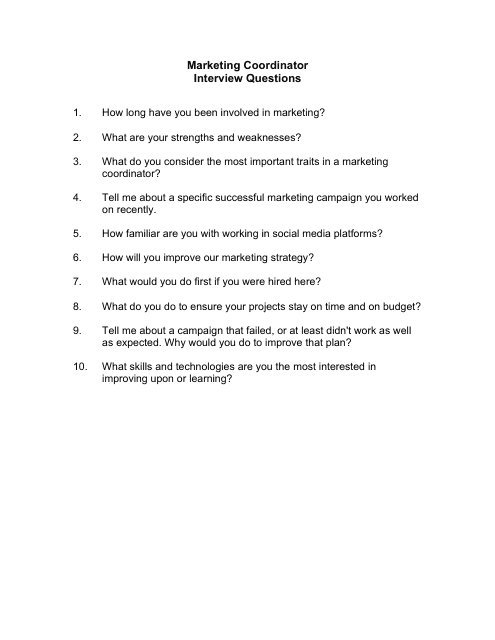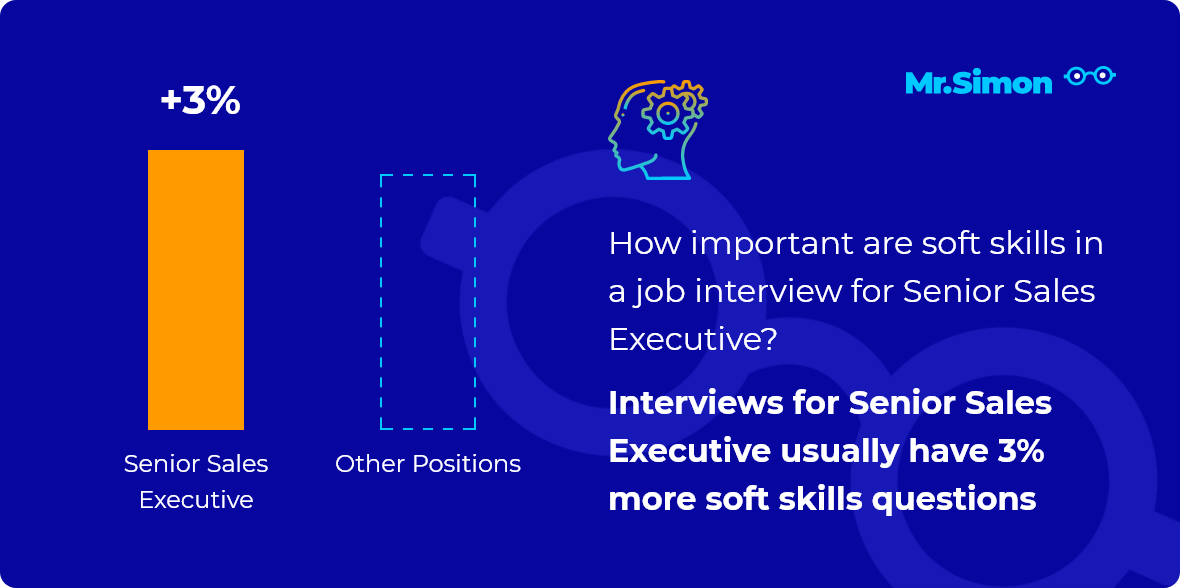In the Japanese economy, where the domestic population is decreasing and the overall market is expected to shrink, marketing targeting seniors is currently attracting attention. One company that continues to make great strides in the world of “senior marketing” is the Halmek Group, which has developed a number of businesses specialized for seniors. Harmeku, a magazine aimed at women over 50, has more than 470,000 subscribers despite what is said to be a publishing recession, and the web media Harmeku 365 has more than 5 million page views per month. are.
The foundation of the diverse content provided by the Halmek Group is a unique think tank called the “Ikikata Juzu Research Institute.” Furthermore, in 2018, he launched Halmek Age Marketing Co., Ltd., which provides business consulting for seniors by leveraging the assets (assets and resources) he had cultivated up to that point.
How was the Halmek Group able to capture the hearts of seniors? We spoke with Nobuyoshi Kifune, CEO of Halmek Age Marketing, and June Umezu, director of the Ikikata Juzu Research Institute.
Reflecting the real voices of monitor member “Harutomo” in marketing
–What roles do “Halmek Age Marketing” and “Ikikata Juzu Research Institute” play within the group?
Kifune
“Harmek Age Marketing” is a company within the Harmek Group that develops
BtoB
business and
alliance
business. Until now, the Halmek Group has been providing content, mail order, and product sales to senior readers and consumers. Utilizing these tangible and intangible assets, we provide marketing support to companies targeting seniors.
After joining the company, I worked in the
CRM
department and then was assigned to new business development, where we started our BtoB business. Once that business took off, it was spun off as “Halmek Age Marketing,” and since then, the media advertising department has been absorbed and grown significantly.
Umezu:
The Ikikata Juzu Research Institute, which I am the director of, is a think tank organization that primarily conducts in-house research and consulting. We also conduct general surveys and interviews, but what makes us unique is that we utilize the voices of monitor members called “Harutomo” in creating content, services, and products.
Harutomo, which currently employs approximately 4,500 people, is indispensable in
the development of various services and products
, including the magazine Harmeku. What all readers and former readers of Harmek have in common is that he is extremely skillful at putting things into words. There are times when we want to use Harutomo’s words as a promotional material, and we are always learning a lot of things.
Furthermore, we collaborate with people at Harutomo to respond to research needs from other companies. You all say things clearly, even when it’s tough, so I often hear from clients that they’re helpful and that I can trust them because of their tough opinions. We have created a system to accurately grasp senior insights (latent desires that customers and consumers themselves are not yet aware of) through advanced research consulting that goes beyond the traditional research framework.
Kifune:
The ability to know our customers and understand seniors, which we have cultivated over many years, is an intangible asset of Halmek. Halmek Age Marketing also collaborates with Ikikata Juzu Research Institute to provide consulting to clients and support for owned media.

Relationships of trust built through direct marketing
–It has been a long time since we were told that there was a publishing recession, but the magazine “Halmek” continues to grow at an ever-increasing rate. Is this ability to understand seniors behind the company’s strong performance?
Kibune
‘s Harmeku is not sold at bookstores or convenience stores, and is a direct-sales style magazine that only requires an annual subscription. The advantage of a regular subscription is that you can connect directly with your customers. When selling at a bookstore, you don’t know who is actually buying the book or what happens beyond the store. However, Halmek also has its own call center, so we can connect and communicate directly with our customers. That’s a big strength.
UmezuI
think we are very close to our customers. The people who call our call center talk to us as casually as if they were calling a relative. For example, even if you suddenly decide to cancel your subscription, you can tell us the reason in detail, such as “moving” or “starting nursing care,” so we can understand each individual’s situation and keep a record of it. .
For each product that a person purchases, each individual’s history is accumulated as information for the company, such as “I recently changed my lotion.” Rather than disseminating information unilaterally, we have an image of us accompanying you in your daily life. I believe that direct marketing makes it easy to build relationships of trust with customers.

–What is important to maintain a relationship of trust?
UmezuIn
all areas, we always strive to behave in a way that earns the trust of our customers. For example, if a customer who purchased a product complains that the product is not what they expected, we will respond politely and replace the product, or visit the customer’s home to apologize. This sincere attitude is engraved in the genes of each employee, and is one of the things we thoroughly adhere to.
Neither
Kifune
mail order nor magazine subscriptions allow you to purchase the item by looking at it with your own eyes. Therefore, a relationship of trust with our customers is even more important. As a group, we are conscious of being honest, and we pay a lot of attention to our costs. Of course, I’m sure other companies do this as well, but it’s a particularly important commitment for Halmek.
I feel that the president of Halmek Holdings, Takao Miyazawa, also focuses on being fair to his company and being honest with his customers. To fully understand our customers, we must listen, investigate, and engage with them. Some people may think that it is “inefficient” to take time and effort, but “it is much more inefficient not to do it.” Even though it may seem circuitous and inefficient at first glance, our employees are convinced that it is the best way to understand our customers.
What
Miyazawa
, president of Umezu, and Yamaoka (Asako), editor-in-chief of Harumeku, have in common is the ability to see through the essence. Additionally, I think Yamaoka is a person with great aesthetics. I always feel that he has a single core and has the supple strength to accomplish whatever he thinks he wants.

Understand customer responses in detail even with offline advertising
–Not being able to see the product and buy it may at first glance seem like a hurdle for subscriptions, but what kind of approach do you take to get people to take the first step of “applying for a subscription”? .
Umezu’s
main work is
newspaper advertisements
, and we often receive responses from them. Recently, I have had more opportunities to be interviewed, and more and more people are recognizing the name “Harmek” on TV. We also run radio commercials, events, and web advertisements, but I feel that seniors spend more time offline than other generations.
Kifune
:In addition, when we receive an application, we always take a survey asking what they saw. If it’s a newspaper ad, we’ll even ask you, “Which words are you interested in?” By doing so, you will be able to see various things, such as “Even though it was a small headline, it attracted attention” and “Despite making a big announcement, there was surprisingly little response.” Based on this trial and error, we review the content of advertisements as a whole. For example, you might start by looking at the situation in a small-scale publication such as a local newspaper, make improvements, and then publish it in a national newspaper.
We are able to take immediate action in this way because we have our own call center and are able to grasp reactions directly and in real time. At the call center, we keep a detailed count of where people’s attention is drawn to newspaper advertisements. This may be commonplace with digital advertising, but I don’t think there are many other companies that have done this much thorough testing of the effectiveness of print advertising.


Web media that supports the “search for blue birds” in your future life
–From 2022, the web media “Harmek 365” has also started.
Umezu:
Many people in their late 40s to 50s say they don’t read print magazines as much anymore. “Harumek365” is a web media that provides a variety of content such as fashion, beauty, cooking, exercise, etc., so that such people can enjoy it.
People in their 50s, who are at the halfway point in their lives, can be said to be people who are looking for the “blue bird” in their future lives. They are looking for information that will make them happy, such as “I want to hear the opinions of my seniors who can help me with my lifestyle” and “I want to find a new hobby to lead a fulfilling life.”
What we would like to provide at Harumek365 is content that suits all of these people. We have a variety of content such as articles, videos, and events, but we aim to be a web media that makes people think, “If I go here, I can find something that fits me perfectly.”

Harmek’s characteristics are “full range of events,” “emphasis on two-way communication,” and “no advertising-driven plans.”
–What is the difference between “Harumeku” and “Harumeku 365” and competitors’ media for seniors?
I think the biggest difference
in Umezu
is that events are close by. In particular, “Harmek 365” holds many events related to beauty and health. As I mentioned earlier, we are engraved with an attitude of “direct contact with customers.” That’s why we value two-way exchanges on the Web, rather than just delivering information. Both in our magazine and on our website, we create content with the idea that we want to be a place where people of the same age can feel connected to each other.
When I think about the difference between Harmek and other media from my perspective as someone in charge of advertising on
wooden boats
, I think the big difference between Harumek and other magazines is that it can exist without advertising. This is because most Japanese magazines cannot survive without advertisements. However, “Halmek” is profitable only from the annual subscription fees we receive from our readers.
Therefore, as is often said in the world, there are no articles or projects for advertisers in Harmek. I think their editorial policy of “delivering only good information and things that are good for readers” without paying any consideration to advertisers is amazing. Because of this kind of honest media, the number of readers increases, and as a result, the value of advertising increases, leading to a virtuous cycle.


Characteristics of how seniors spend their money are “sufficient investment in active pursuits and health maintenance” and “not wasting money.”
–So you decided to take advantage of your experience and strengths in senior marketing to develop a full-fledged BtoB business.
Kifune:
Initially, we mainly sold advertisements for our own media such as Harumek and Harumek 365, but recently we have started to support other companies’ own media and jointly develop products and services. Our client companies come from a wide variety of industries, including mail-order companies, real estate management companies, and insurance companies.
Our core competency is customer understanding. In the past, we have utilized these strengths for our own marketing, but there are many points that can be utilized even in different industries. Domestic household financial assets are said to be 2,000 trillion yen, and people in their 50s and older account for the majority of them. If we do not move this money, Japan’s economy cannot be revitalized. So I think our mission is very big.
–Are there any trends in where people over 50 spend their money?
At the
Umezu
Institute for Living, we have been conducting extensive research on this issue. For example, there is data that shows that about half of women over 50 are active in Oshikatsu, spending an average of about 100,000 yen a year. In addition, when we conducted a survey on the amount of money people spend on their health, we found that the average amount is 130,000 yen per year. This money for health is not the cost of treatment or medicine, but mainly the cost of spending at the training gym. In other words, rather than spending money on medical expenses after you get sick, you are spending money on preventive health maintenance before you get sick.
Spend money on things you like, such as sports, and on things that keep you healthy, and on the other hand, don’t waste money on things that have no value to you. I think you are really good at spending money.

The golden rule of senior marketing is not to set persona images of seniors that are convenient for you.

–I feel like there is a gap between you and the so-called stereotypical image of seniors. While providing marketing support, do you ever feel uncomfortable with the “senior image” that your clients think of?
Kibune
fruit is common. For example, when companies try to understand the psychology of seniors, there are many cases where the marketing personnel are children in their 30s and 40s. In this case, in N1 analysis (an analysis method that selects one specific customer and digs deeply into their thoughts and impressions about the company’s products and services), they often choose their own father or mother. As a result, we may only be able to understand a very limited part of ourselves, or we may unconsciously project our wishes on how things should be. If you pretend to understand your users without realizing this, you will not be able to do marketing that reaches the hearts of your target audience.
Stereotypes of seniors and preconceived notions of how seniors should behave can very likely blind marketers. If you are not conscious of metacognition, the advertisements you have created may seem ridiculous to the senior generation in question. We often see cases where people get too caught up in numbers such as sales and response rates, and fail to set up the most important personas.
When parents conduct the
Umetsu
N1 analysis, they may unconsciously develop biases that they want their children to behave like this, such as, “At a good age, dress like this,” or “At a good age, don’t fall in love.” there is. If this were to be reflected in advertising, it would likely receive a huge backlash from actual seniors.
When I interviewed seniors a while ago, some of them said, “Calling people at a good age” and “not being old enough” is bullying and discrimination against the elderly. Of course, even women of the same age have different thoughts and likes. Unfortunately, marketing strategies that lump all people together as “seniors” often fail.
Pursuing “senior happiness” and aiming to be a company that shows the world a successful example of a society with longer lifespans.

–Finally, please tell us about the future prospects for the Harmek Group.
KifuneIn
2023, Halmek Holdings was listed on the Tokyo Stock Exchange Growth Market. In the future, we would like to go beyond the services provided by the Halmek Group to develop new businesses based on multiplicative thinking, such as collaboration with other companies and product development, and contribute to the revitalization of the Japanese economy.
My secret dream is to create many like-minded people who want to make seniors happy and build a large consortium.
When considering trends in
Umezu
Senior, we are currently only able to capture them over a short span of several years. However, in the future, I believe that by understanding and educating seniors on a larger scale, we will be able to present a case study of a society with longer lifespans. It would also be great if Japan’s case studies could spread throughout the world and point to future prospects.
In order for seniors to be happy, what is necessary is not only the establishment of a nursing care system. Japan is an advanced country in terms of longevity, so I would like to be able to provide not only senior citizens and companies in Japan, but also many people around the world with material to think about a better society. We are currently still small-scale, but we have ambitions.

